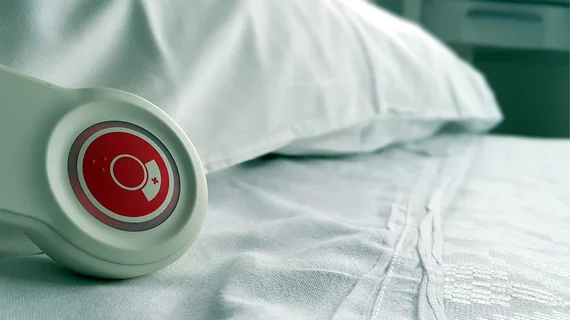Study: C. diff risks lie in laundry practices
Strains of C. diff—a bacteria that can cause inflammation of the colon—can survive commercial laundry practices in hospitals, according to a recent study published in Infection Control & Hospital Epidemiology. The survival ability of the bacteria may contribute to “sporadic outbreaks” of infections.
Two strains of C. diff survived commercial washers on bedsheets that were contaminated with the bacteria, failing “the microbiological standards of no pathogenic bacteria remaining,” according to the study.
The findings underscore that hospitals may not be taking enough steps to reduce the risk of C. diff infections, which can be life-threatening in some cases.
Researchers looked at bedsheets that were contaminated both naturally and artificially, and the sheets were washed with industrial-grade detergent at a high temperature before they were processed and dried.
The findings reveal how some sporadic infections may appear in hospitals, according to lead study author Katie Laird, PhD, head of the Infectious Disease Research Group, School of Pharmacy, De Montfort University, Leicester, United Kingdom.
"The findings of this study may explain some sporadic outbreaks of C. difficile infections in hospitals from unknown sources, however, further research is required in order to establish the true burden of hospital bedsheets in such outbreaks," she said.

